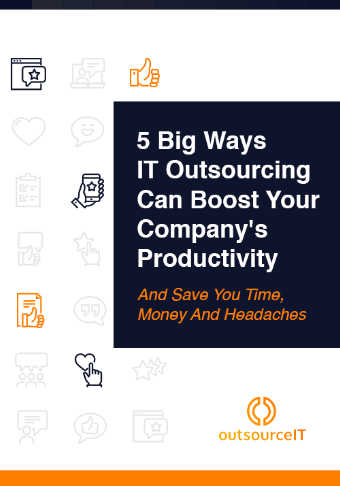Unscheduled downtime can start a chain reaction of undesired impacts, such as lost customers, reduced employee productivity, high remediation costs, and reputational damage. While it is difficult to quantify the costs of downtime, Gartner puts the average at $5,600 per minute, but this varies enormously by industry and business size. Even for small businesses, unscheduled downtime can still cost hundreds of dollars per minute.
What is unscheduled downtime, and why does it happen?
Downtime refers to the period during which a system is out of action and unavailable for use. Downtime may be scheduled or unscheduled. Every computer system requires maintenance, so a degree of scheduled downtime for things like upgrades and repairs is to be expected. It is usually possible to mitigate the negative effects of unscheduled downtime by giving users and customers ample advance warning.
Unscheduled downtime is a completely different matter, since it can strike at any time and with no warning. It may even happen during a period of peak demand, and we have all heard about major service outages during, for example, holiday seasons. These unexpected events may occur due to hardware failures, failed software upgrades, or worse, a cyberattack. For example, a denial-of-service (DoS) attack might target a company deliberately to cause disruption during a particularly important time.
What are the impacts of downtime on businesses?
Here are the top five ways unplanned downtime hurts your business:
1. Reputational damage
Customers are far less forgiving now that they have so many options to choose from, as well as ample opportunity to leave feedback online. If they suddenly find themselves unable to use one of their favorite services due to an unexpected outage, chances are they will start looking to your competitors instead. Some may even take to social media to vent their anger, harming your brand reputation in the process.
2. Lost sales revenue
It should not be hard to see how unscheduled downtime can directly result in lost sales. For example, if an online store’s payment system is unavailable, customers will be forced to wait, while many others will order their goods elsewhere.
3. High recovery costs
While planned downtime usually comes with predictable costs and budgets that are defined in advance, remediation after unexpected downtime can be a lot more complicated. Although it might be possible to resolve some issues with minimal adverse impact on your business, a more serious event like a data breach or severe hardware failure can result in high costs and extended outages. Before long, the invoices start piling up beyond control.
4. Supply chain effects
With today’s highly interconnected supply chains, unscheduled downtime can cause a ripple effect that doesn’t just affect your company, but others in the supply chain too. Consider, for example, the widespread chaos wrought on global supply chains by the COVID-19 pandemic. Disruptions in supply chains resulted in a range of unexpected service outages and product shortages.
5. Employee turnover
Few things bring productivity to a grinding halt than staring at eternal loading screens or trying to navigate around various service outages. If, for example, your sales team is unable to use their customer relationship management (CRM) system, then a large part of their day will be wasted. This also leads to reduced morale and engagement and, if such events become a regular occurrence, increased employee turnover.
How can you reduce downtime?
The best way to minimize downtime is to take a proactive approach to systems and operations maintenance. Having redundant systems and automated rollovers in place helps you keep both planned and unplanned downtime to a healthy minimum. For service-based companies, this is especially important, since it helps ensure that they can meet the obligations laid out in their service level agreements (SLAs). With the necessary redundancies, backups, and rollovers in place, it’s possible to practically eliminate downtime.
outsourceIT provides secure IT solutions and expert guidance that proactively guard against unscheduled downtime and keep you ahead of the curve. Call now to find out more.
5 Big Ways IT Outsourcing Can Boost Your Company's Productivity!
Before you can honestly consider outsourcing IT management, you need to be 100% confident that it will solve problems and unclog bottlenecks.


